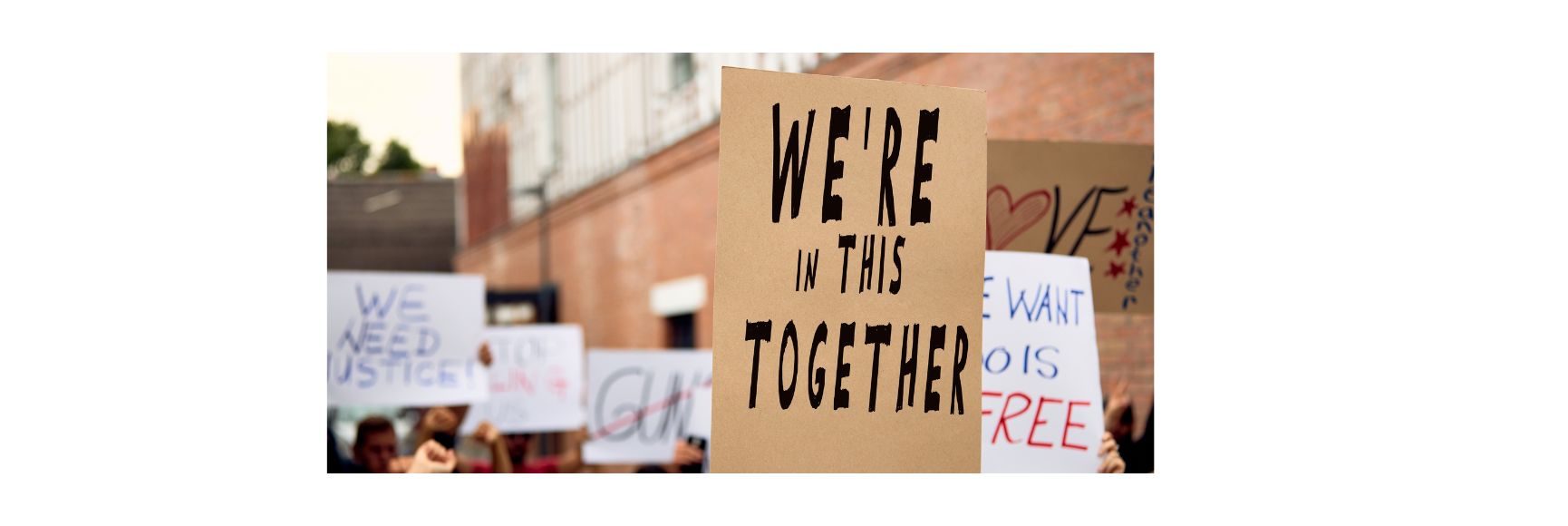The link between public financial management (PFM) and government accountability has been clearly established. But it is less common to link explicitly PFM institutions with human rights. I would argue, however, that PFM not only plays a role as an enabler for citizens to exercise their social and economic rights, but that furthermore, it cannot be fully effective in the absence of basic human rights.
When people took to the streets during the Arab Spring in 2011, in Sudan, Lebanon or Chile in 2019, or in Sri Lanka recently, they did so to demand social justice and the right to live in dignity, a voice in government policies, and scrutiny over governments’ promised policies and their implementation.
The call for social justice has become inseparable from that for human rights in its modern sense. The Universal Declaration of Human Rights (1948) is supplemented by international treaties on Economic, Social, and Cultural Rights to emphasize the interlinkages between political and economic rights. This linkage is also present in the 2030 Development Agenda, and the SDGs which are explicitly anchored in the Universal Declaration of Human Rights and “seek to realize human rights for all”. SDG 5 on gender equality, SDG 9 on building resilient infrastructure, SDG 10 on inequalities, and SDG 16 on promoting the rule of law, reducing corruption and bribery, developing strong institutions, and the participation in decision making are a few examples of such linkages. Recently, during COP27, human rights groups have also clearly established that climate justice—the fact that inequities in how climate change impacts low-income and minority groups need to be addressed in adaptation and mitigation policies—is an integral part of human rights.
So where does PFM come in? PFM offers a communication bridge between the implementation of a government’s fiscal policies and its citizens. The government has a fiduciary responsibility to uphold standards to use taxpayers’ money according to the intended purpose and legislation. And good PFM allows this to happen effectively and transparently. There is a clear link to the right to participate in public affairs and to access information.
The PFM cycle provides tools that ultimately empower citizens and help them to hold governments to account. It starts with the medium-term fiscal strategy: such a strategy sets the stage for fiscal policy objectives (including SDGs and Nationally Determined Contributions), and incidence analysis for new tax and expenditure policies, including their impact on incomes and inequalities. The budget law adopted by parliament provides a baseline for taxation and public spending for the year ahead, holding the government accountable for its delivery. Fiscal, financial, and statistical reporting allow citizens to understand if and how policies were implemented and what are the sources of deviations from forecasts and plans. Final accounts are scrutinized by supreme audit institutions (SAIs) and reported to the legislature both of which provide the ultimate scrutiny over government policies.
There are also cross-cutting institutions that play an important role. For example, fiscal risks analysis and disclosure inform citizens on the potential realization of contingent liabilities that can derail public debt sustainability, and how this and other current policies will impact the future obligations of young generations. Strong PFM also plays a key role in reducing vulnerabilities related to the corruption of public officials, providing checks and balances to prevent embezzlement and misuse of taxpayers’ money, including by state-owned enterprises and non-budgetary entities. All the above, embedded in the IMF’s Fiscal Transparency Code, provide a gateway to reach citizens and CSOs.
At the same time, one can legitimately ask whether a good PFM system can function in the absence of a healthy human rights environment. Institutions such as SAIs and parliaments cannot discharge their role of holding the government to account and speak truth to power if the auditor is not truly independent or in the absence of democratic elections. And the same is true for civil society organizations (CSOs) that are concerned with the social and economic rights of citizens. If CSOs and citizens more broadly are not provided with transparent information about the operations of the public sector and the costs of large infrastructure projects, are not guaranteed the freedom to discuss strategic policy choices and priorities without retaliation, and are not given access to reports on fiscal projections and outcomes, then the PFM system lacks significant checks and balances. The protection of lawful whistle-blowers is another key ingredient to holding the government and civil servants accountable and preventing misconduct.
Freedom of expression—a fundamental human right—will allow citizens and CSOs to speak truth to power, challenge the government, and result in a more efficient use of taxpayers’ money, and better service delivery. These are fundamentals of a well-functioning PFM system that brings the best out of public resource use. In the absence of freedom of expression, government accountability is not only weakened, but also jeopardized.
It is short-sighted for governments to ignore the right to participate in public affairs and freedom of expression in formulating their PFM systems. Government transparency and accountability can go a long way to increasing trust in government. Public participation should result in more understanding of, if not support for, government policies, even if they are unpopular. Genuinely engaging with the public, while possibly challenging for governments in the short term, could have significant payoffs in terms of political stability and legitimacy.
While capacity development of PFM systems and the reforms proposed by international organizations such as the IMF should remain technical and steer away from political interferences, it should not lose sight of the political economy environment. There may always be a limit to what can be achieved in terms of fiscal transparency, infrastructure governance, gender and green budgeting, and anti-corruption institutions in the absence of political will, basic human rights, and sound democratic foundations.






